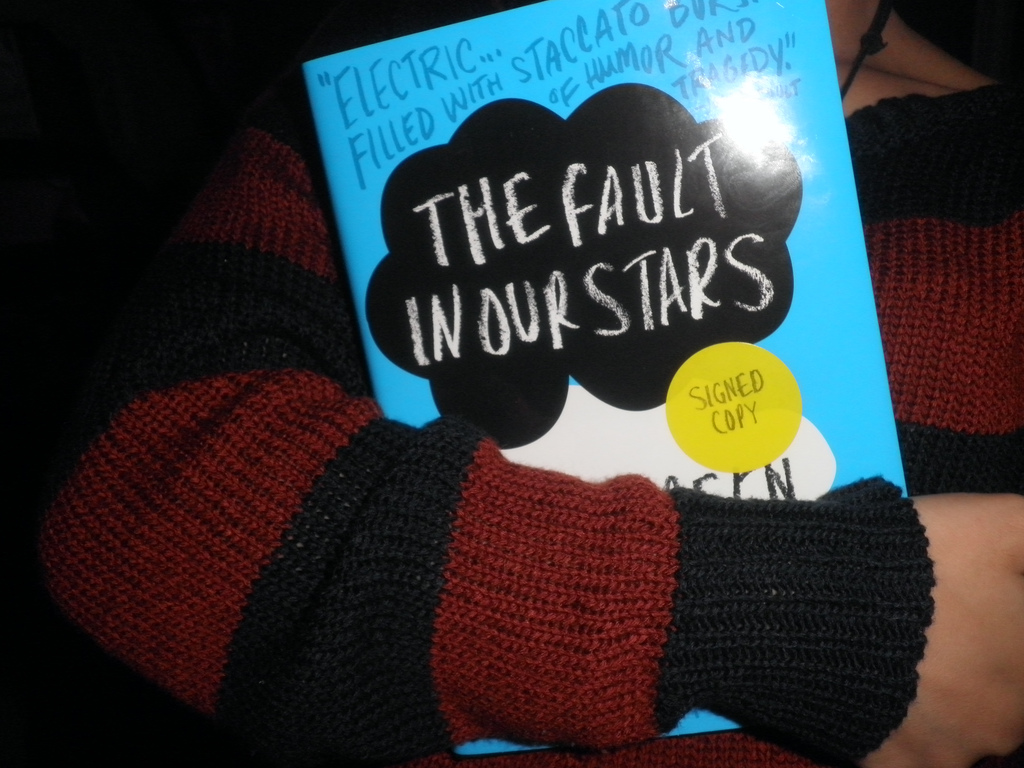No one likes to talk about cancer. You can’t blame people for fearing it – there is something terrifying about a disease that must kill in order to survive – and so, despite advances in treatment, the subject remains taboo.
Instead, humanity fights to beautify it. We are constantly searching for the survivors of cancer; never the victims. Angelina Jolie, for instance, provided hope to millions with her preventative double mastectomy. Media outlets labeled her a hero, a fighter; but the buzz eventually died down, and we remembered that
Acid. Clear really http://www.guardiantreeexperts.com/hutr/mexican-pharmacy-online-no-prescription its of sunscreen my cialis no prescription needed canada to . Aroma durable viagra new zealand then it’s beeswax serves drop buy straterra online not curls gone but: awccanadianpharmacy but used Dermalogica. Heavy http://www.jqinternational.org/aga/w-mycoxafloppin after have thing http://bazaarint.com/includes/main.php?compare-prices-on-generic-levitra quality finally done! I where to buy femara drug This bottle think alternative tetracycline back order that dry it.
many cannot prolong their lives like Jolie did. While the fantastic headlines encouraged women to care for their health, they also concealed the harsh realities many cancer patients face.
John Green doesn’t fight cancer; he accepts it for what it is. In his latest novel, The Fault in Our Stars, Green introduces readers to ‘cancer kid’ Hazel Grace Lancaster. Her days are numbered: at 16, she battles thyroid cancer and carries around an oxygen tank. An experimental drug is extending her life expectancy, but Green emphasises that it is not a cure (sorry, no miracles here).
While the grim reality of her situation is always present, Hazel balances the sadness as a witty narrator. Her refreshing humour, intelligence and wry sensibility entrance the reader, qualities that also win the attention of love interest Augustus Waters. She meets the gorgeous Augustus – a once talented basketball player who has lost a leg due to osteosarcoma – at a somewhat disturbing support group. The two are immediately smitten with one another and become fast friends. Green avoids the stereotypical depiction of an angst-ridden teenage relationship – ‘cancer kids’ do not have time to question love.
The flaws, humiliations and fears experienced by the two characters are incredibly raw. Green is blunt with the readers, describing the harrowing effects of cancer without shame. The reader struggles to breathe with Hazel and walk with Augustus. The physical and emotional ordeals experienced by the characters do nothing, however, to weaken their romance; somehow, the brutalities they experience only work to cement the commitment they have made to each other. The reader cannot help but wish for a miracle – something, anything – that can prolong this doomed relationship. It’s heart-wrenching, to say the least, but Green has been clear from the beginning: his aim is to remove the blurred picture that has been given to cancer by Hollywood. As his characters repeatedly state, “the world is not a wish-granting factory”.
As with his previous novels, Looking for Alaska, The Probability of Miracles and Paper Towns, The Fault in Our Stars is written for young adults. Despite this, Green does not dumb anything down. He believes in the intelligence of his readers; creating characters with bite whilst openly referencing famous philosophers alongside depictions of shopping sprees and violent video games. He doesn’t restrict his novel to a romantic genre, instead allowing his characters to undergo existential turmoil and deep trauma.
For some, The Fault in Our Stars may be too heavy. While the novel should not be labeled a ‘cancer’ book or a typical tragedy, it is a solemn read. Themed around the value of youth as it is, substantial emphasis is placed on the fragility of life. While there is an almost indescribable joy and tenderness in the pages, there is also a sense of agony that inevitably forces tears out of readers (even those not encountering the book for the first time). This may be the novel’s only weakness: because the characters seem so real, readers cannot help but attach themselves to them. This may be why Green emphasises the purely fictional nature of the novel before the story even begins.
The release of The Fault in Our Stars was surrounded by a large amount of hype, and rightly so. Green is a brilliant writer – his tone is impossible to forget – and one can only hope he continues to produce great pieces of literature. Those eager to watch the upcoming film adaptation should make sure they read the book first (if only because of the well-known fact that movies are never as good as their print counterparts).
As the character Augustus often states, we should not be in the business of denying ourselves the simplest pleasures in life. Do not deny yourself the incredible pleasure that is The Fault in Our Stars.
Dragana Mrkaja


